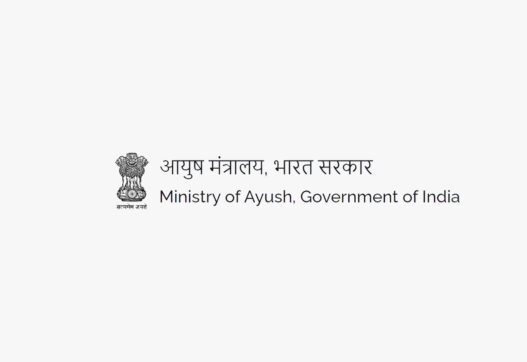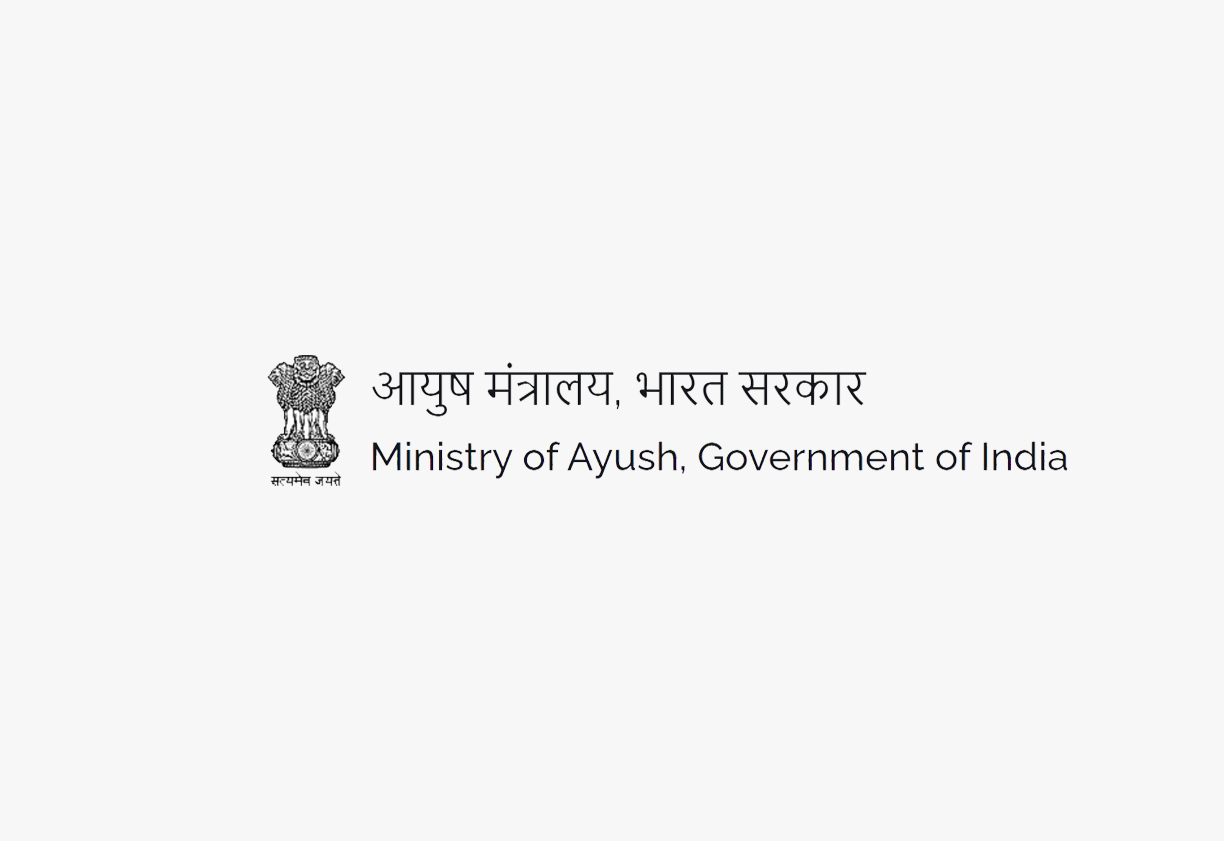Ministry of AYUSH
The National Commission for Indian System of Medicine Act, 2020, represents a significant step towards reforming the medical education and practice of Indian Systems of Medicine (ISM). This Act seeks to improve the quality of medical education, ensure the availability of high-quality medical professionals, and promote equitable healthcare. It establishes a structured framework for regulating medical institutions, maintaining ethical standards, and facilitating research and development in Ayurveda, Unani, Siddha, and Sowa-Rigpa.
1: Act Background and Ministry
The National Commission for Indian System of Medicine Act, 2020, was enacted to address the need for a modern and comprehensive regulatory framework for Indian Systems of Medicine. The Act aims to enhance the quality of medical education, promote research, and ensure ethical practices within the sector. The Ministry of AYUSH (Ayurveda, Yoga & Naturopathy, Unani, Siddha, and Homoeopathy) is the nodal ministry overseeing this Act, highlighting its role in promoting and regulating traditional Indian medical systems. This Ministry plays a vital role in formulating policies, implementing the act, and ensuring responsible development within the Indian Systems of Medicine.
2: Enactment Date, Number of Chapters, and Sections:
The Act was enacted on September 20, 2020, and is officially known as Act No. 14 of 2020.
-
The Act is divided into eight chapters that cover various aspects of the National Commission and the Indian Systems of Medicine.
-
It includes a total of 59 sections, which outline the establishment, functions, and powers of the Commission and other related bodies.
-
The Act also addresses the recognition of qualifications, national examinations, and other miscellaneous provisions.
3: Act Governed By:
The Act is primarily governed by the following bodies:
-
The National Commission for Indian System of Medicine (NCISM): Established under Section 3, this is the main regulatory body responsible for overseeing all aspects of Indian Systems of Medicine.
-
Autonomous Boards: These boards, constituted under Section 18, include the Board of Ayurveda, the Board of Unani, Siddha, and Sowa-Rigpa, the Medical Assessment and Rating Board, and the Board of Ethics and Registration.
-
Advisory Council for Indian System of Medicine: This body, established under Section 11, advises the Commission on matters related to medical education, training, and research.
4: On Whom It Is Applicable:
The Act applies to:
-
All medical institutions offering education in Indian Systems of Medicine.
-
Medical practitioners of Indian Systems of Medicine.
-
Autonomous Boards established under the Act.
-
The National Commission for Indian System of Medicine.
-
The Advisory Council for Indian System of Medicine.
-
Universities and colleges offering courses in Indian Systems of Medicine.
5: Penalties/Punishments:
The Act includes provisions for penalties and punishments to ensure compliance:
-
Practicing without being enrolled in the State or National Register can lead to imprisonment up to one year, or a fine of up to five lakh rupees, or both.
-
The Act also empowers the Commission to take action against medical institutions that fail to maintain standards, which may include monetary penalties, reduction in intake, or withdrawal of recognition.
-
The Act allows for disciplinary actions against medical practitioners for professional or ethical misconduct.
6: Important Pointers:
-
The Act defines “Indian System of Medicine” to include Ayurveda, Unani, Siddha, and Sowa-Rigpa, supplemented by modern scientific and technological advances.
-
It establishes the National Commission for Indian System of Medicine (NCISM) as the main regulatory body.
-
The Act mandates a National Eligibility-cum-Entrance Test (NEET) for admissions to undergraduate courses.
-
It introduces a National Exit Test (NEXT) for granting licenses to practice.
-
The Act provides for the establishment of Autonomous Boards to oversee specific aspects of education, ethics, and assessment.
-
It mandates the maintenance of a National Register of licensed practitioners.
-
The act empowers the Commission to set standards for education, research, and ethics.
-
It promotes the use of modern technology and research in Indian System of Medicine.
-
The Act includes provisions for the recognition of qualifications granted by institutions in India and abroad.
-
It establishes a grievance redressal mechanism for those aggrieved by decisions of the Commission or Autonomous Boards.
-
The act provides for the regulation of fees in private medical institutions.
-
It emphasizes the importance of professional ethics and ethical conduct by medical practitioners.
7: Download Act Copy




